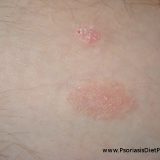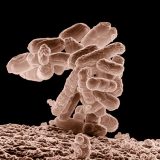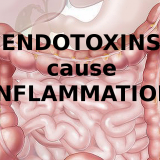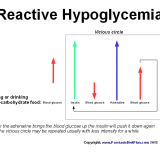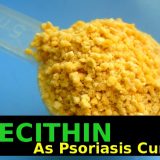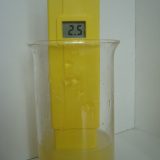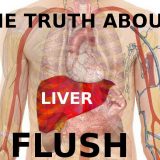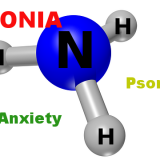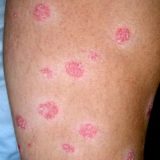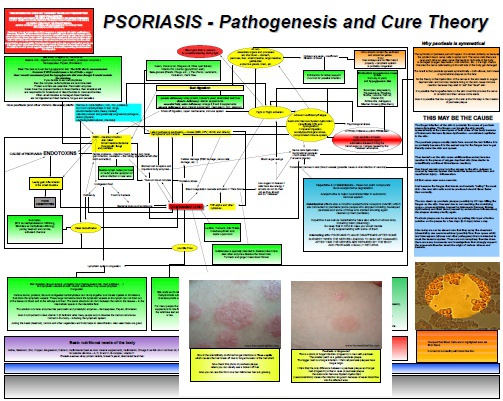Betaine HCL Works – pH Meter Photo Proof
There are people who claim that Betaine HCL is just a useless supplement since it does not lower the pH of the stomach. Sure it does lower the pH and significantly enough for activation of the protein digesting enzymes! Betaine HCL is actually one of the best selling supplements for digestion. Basically it is just a hydrochloric acid (HCL) molecule bound to Betaine (trimethylglycine – TMG) molecule. This combo forms a salt – Betaine HCL – that you take in…


